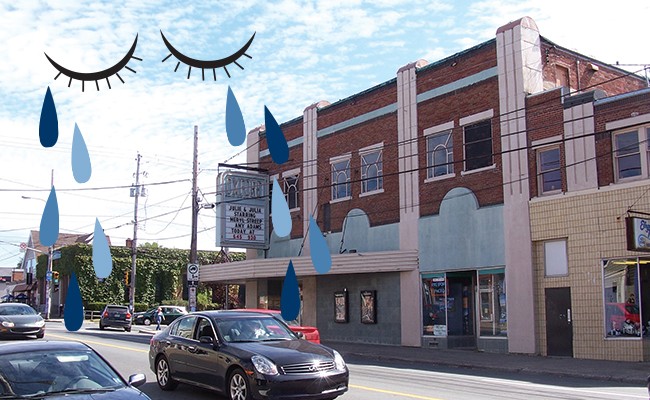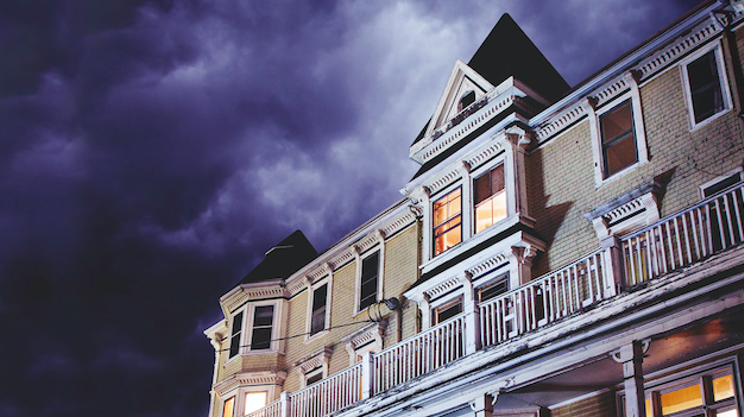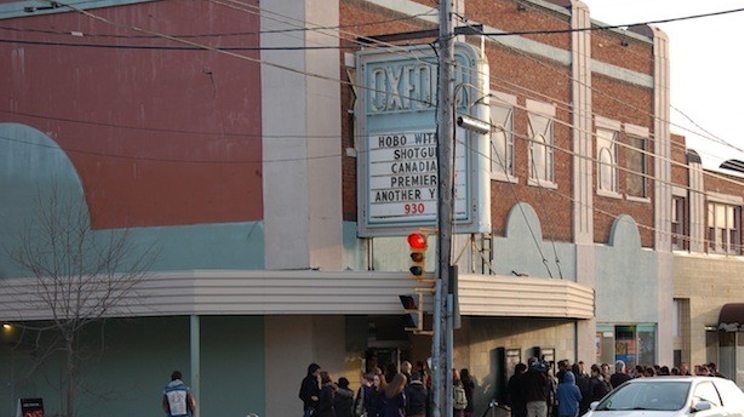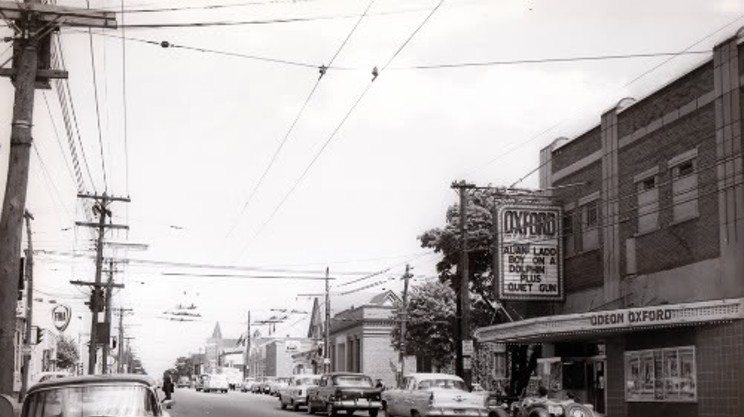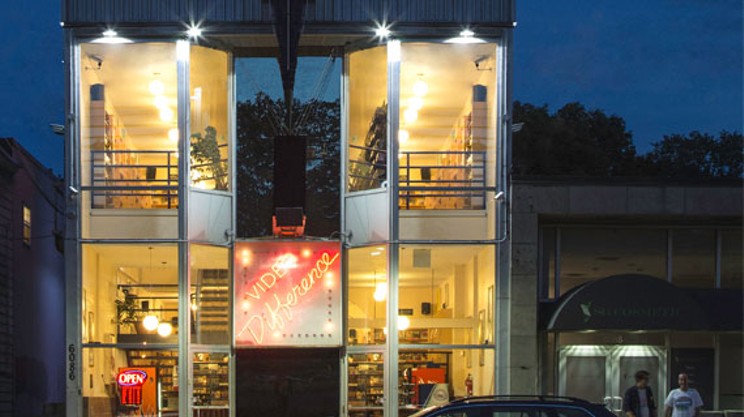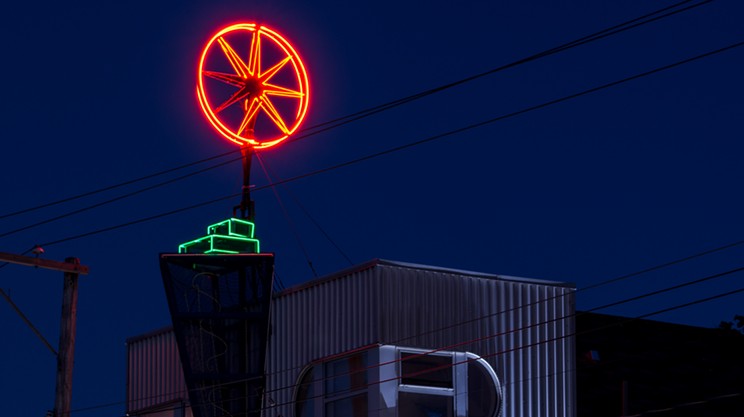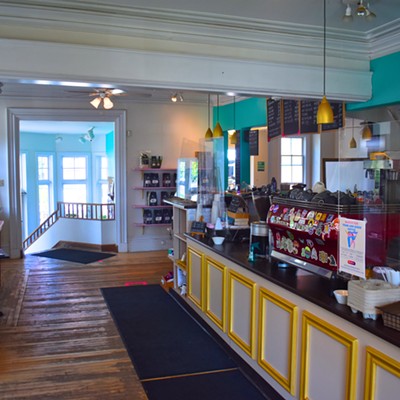It’s about the building, but it isn’t.
For some, going to the movies is just going to the movies. Those people are fine driving out to Bayers Lake or Dartmouth Crossing and stepping into a photocopied multiplex—if you entered a Cineplex-branded building in Edmonton or Barrie, you’d know exactly what to do—and enduring the flashing lights of the arcade, the lobby you could drive a tank through with no damage, the wide array of hot snacks served by frazzled teens. These same people think arena shows are the best way to see a band. It’s not an experience, it’s just a thing to do.
For others, to go to the movies is to engage with art. It’s an event. It can be the cultural highlight of a year.
For 80 years, that is what The Oxford gave to Halifax. As a building, bricks and mortar, it’s lacking in that way repertory cinemas have always been lacking: There’s the tiny lobby and the inefficient, downright befuddling bathrooms—in the women’s there is a full-on powder room next to three stalls circling a single tiny sink (why would the toilet be raised, anyway?). A few years ago, cosmetic renovations resulted in an uglier sign, less character and neither—never, as it turned out—air conditioning nor self-serve ticketing. Before the theatre went digital, the projector was so dirty that every movie looked like it was from the 70s, covered in bits of dust and detritus.
None of that mattered, because you loved it anyway. A movie house born in 1937 versus one printed out from a template in 2017—these two places don’t feel like they’re even on the same earth. The Oxford has high ceilings, wide aisles, ample space between rows, deep seats arranged in gently curving rows to provide good sightlines. Its biggest old-world flair is the balcony, high up and far back, with a narrow staircase. There’s still a moment where the curtains pull fully back.
In retrospect, we should’ve seen this coming. The Atlantic International Film Festival, in a year full of confusing moves, announced this summer that it would be taking place solely in Park Lane, eight screens handily located in the downtown core. (Since we’re here—our fingers have long been crossed for Park Lane.) But the Oxford premieres were the best part of the festival. No local filmmaker will ever again get to stand on a red carpet outside a single-screen movie house, with a line stretching down Oxford Street, in tandem with the trees, comprised of hundreds of people excited to see their art. No filmgoer will ever again get to witness something like Michael Moore introducing Bowling for
Columbine, a documentary that would go on to win an Academy Award for its Halifax-based producers.
Of course, film exhibition is not about art, it’s about business. Empire made half-hearted attempts to run the Oxford as a rep, but it’s too big, over 300 seats. (That’s why the Best Exotic Marigold Hotel could—needed to?—have an 11-week run.) Cineplex, since its acquisition of all Empire Theatres in 2013, has neither known nor cared what to do with it (although it kept running monthly classics until opening a dedicated Event screen in Park Lane two years back).
That The Oxford has fallen to development is what hurts the most. Stores and restaurants close all the time, sometimes because of condos and sometimes because of failure and it’s awful but that’s life. For a corporation to just sell off a piece of Halifax history, one that means so much to so many, that offers daily experiential art to citizens who will cheerfully, actively work for it—for a corporation to do something so fucking corporate—is not surprising. But that doesn’t make it any less devastating.
So it’s about the building, for a few. For the rest of us, it isn’t. It never was.
The end of The Oxford
After 80 years at the movies, we say goodbye to a piece of Halifax history.
[
{
"name": "Air - Inline Content - Upper",
"component": "26908817",
"insertPoint": "1/4",
"requiredCountToDisplay": "8"
},{
"name": "Air - Inline Content - Middle",
"component": "26908818",
"insertPoint": "1/2",
"requiredCountToDisplay": "8"
},{
"name": "Air - Inline Content - Lower",
"component": "26908819",
"insertPoint": "100",
"requiredCountToDisplay": "1"
}
]

